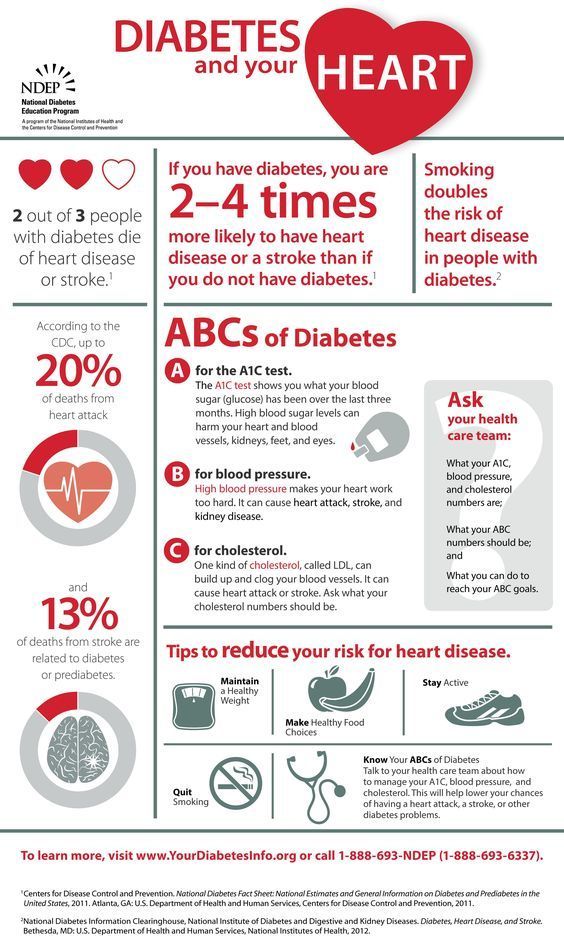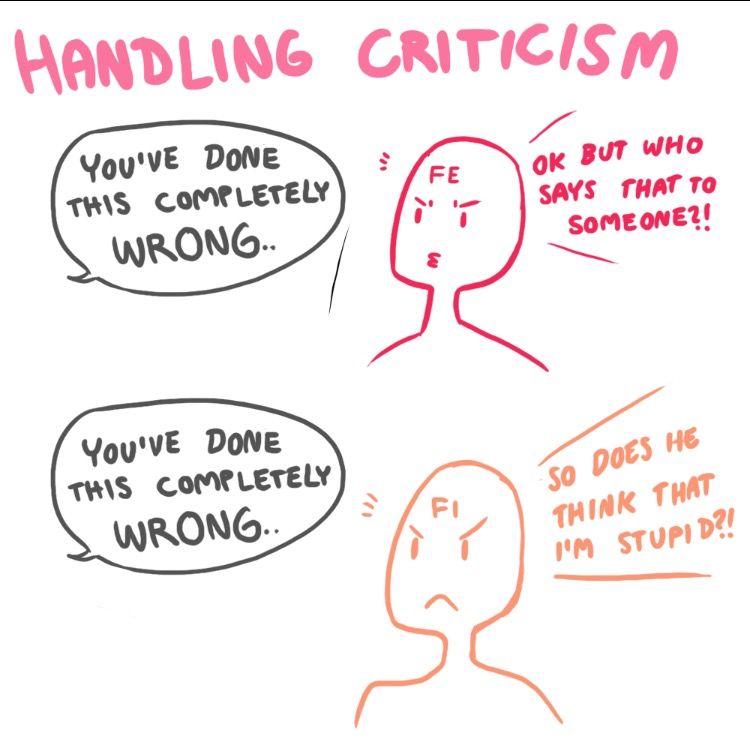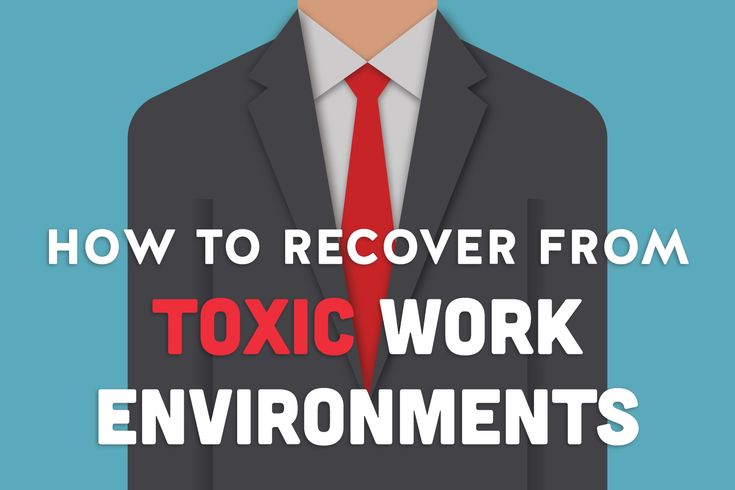Why am i overeating quiz
Why Do You Overeat? Take Our Quiz & Find Out What Drives Your Overeating
Why do I overeat?
Do you struggle with overeating, including emotional eating, binge eating, grazing, or eating when you know you are not hungry?
In working with overeating for over a decade, we’ve identified four primary drivers of emotion-driven eating.
Take the Quiz
Take The Quiz
Knowing your main driver of emotional eating empowers you to be in charge.
Take this emotional eating quiz and find out what drives your overeating and what you can do about it.
This overeating quiz will help you understand why you overeat and provide you with some strategies for overcoming overeating and emotional eating.
It’s More Than Food
Keep in mind that our relationship with food is much more complex than can be listed in the context of this quiz. Each person’s psychology and biology are unique. But understanding the psychology behind why you overeat is a great place to start.
What you learn from taking this quiz and digging in deeper will ultimately help you not just in your relationship with food, but overall in creating a more satisfying life.
Instructions: You may identify with several options, pick the one that is most frequent or describes where you are right now.
NOTE: This is not a diagnosis.
Review Your
Quiz ScoreIf you’ve tried dieting, but find that you keep returning to old patterns, it’s a sign that something else is “driving” your behavior. This is the psychology of overeating.
There are a number of psychological and biological factors that contribute to overeating and they’re different for everyone. When these factors go unaddressed, diets are doomed to fail.
It Doesn’t Need To Control You
We all overeat and eat emotionally from time to time. Challenges arise when food becomes the go-to source for our non-food needs. Over-relying on one coping strategy gets us out of balance.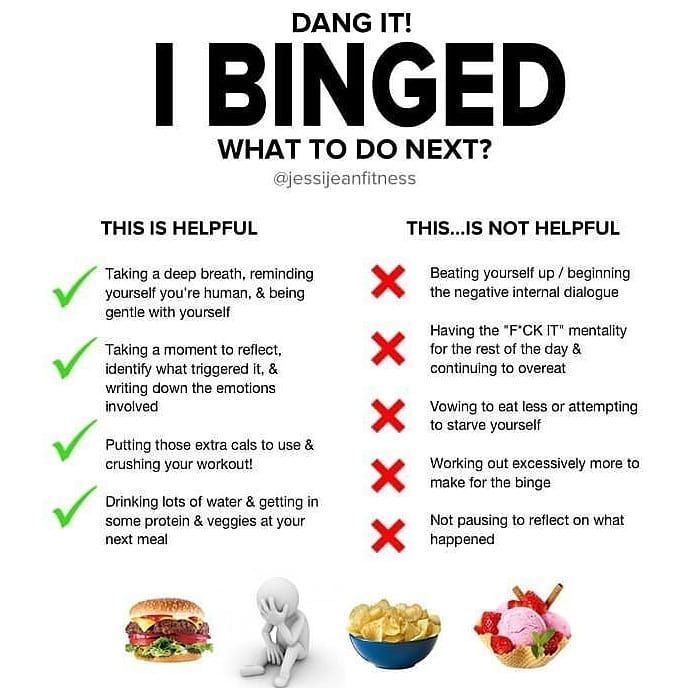 Uncovering what it is that is actually driving our behavior is the first clue to making positive and meaningful changes.
Uncovering what it is that is actually driving our behavior is the first clue to making positive and meaningful changes.
Keep in mind that our relationship with food is much more complex than can be listed in the context of this quiz. Each person’s psychology and biology is unique. But understanding the psychology behind why you overeat is a great place to start.
Follow Up To The
Overeating QuizWe offer several services both individually and in group format to help people overcome the psychology of overeating and emotional eating.
Our Make Peace with Food group can help you:
- effectively handle urges and cravings
- end binge eating, compulsive eating and emotional overeating
- cope with difficult thoughts, feelings and triggers
- identify your needs and how to get them met
- increase pleasure and joy in your life (outside of food)
- practice everyday self-care and self-compassion
Learn more about the make peace with food group.
Do I Have an Eating Disorder? Quiz
Do I Have an Eating Disorder? Quiz | Psych Central- Conditions
- Featured
- Addictions
- Anxiety Disorder
- ADHD
- Bipolar Disorder
- Depression
- PTSD
- Schizophrenia
- Articles
- Adjustment Disorder
- Agoraphobia
- Borderline Personality Disorder
- Childhood ADHD
- Dissociative Identity Disorder
- Narcissistic Personality Disorder
- Narcolepsy
- Oppositional Defiant Disorder
- Panic Attack
- Postpartum Depression
- Schizoaffective Disorder
- Seasonal Affective Disorder
- Sex Addiction
- Specific Phobias
- Teenage Depression
- Trauma
- Featured
- Discover
- Wellness Topics
- Black Mental Health
- Grief
- Emotional Health
- Sex & Relationships
- Trauma
- Understanding Therapy
- Workplace Mental Health
- Original Series
- My Life with OCD
- Caregivers Chronicles
- Empathy at Work
- Sex, Love & All of the Above
- Parent Central
- Mindful Moment
- News & Events
- Mental Health News
- COVID-19
- Live Town Hall: Mental Health in Focus
- Podcasts
- Inside Mental Health
- Inside Schizophrenia
- Inside Bipolar
- Wellness Topics
- Quizzes
- Conditions
- ADHD Symptoms Quiz
- Anxiety Symptoms Quiz
- Autism Quiz: Family & Friends
- Autism Symptoms Quiz
- Bipolar Disorder Quiz
- Borderline Personality Test
- Childhood ADHD Quiz
- Depression Symptoms Quiz
- Eating Disorder Quiz
- Narcissim Symptoms Test
- OCD Symptoms Quiz
- Psychopathy Test
- PTSD Symptoms Quiz
- Schizophrenia Quiz
- Lifestyle
- Attachment Style Quiz
- Career Test
- Do I Need Therapy Quiz?
- Domestic Violence Screening Quiz
- Emotional Type Quiz
- Loneliness Quiz
- Parenting Style Quiz
- Personality Test
- Relationship Quiz
- Stress Test
- What's Your Sleep Like?
- Conditions
- Resources
- Treatment & Support
- Find Support
- Suicide Prevention
- Drugs & Medications
- Find a Therapist
- Treatment & Support
Medically reviewed by Bethany Juby, PsyD — By Christina Ward — Updated on June 6, 2022
This quiz can’t replace a clinical diagnosis. If you believe you might have an eating disorder or another condition after taking this test, consider reaching out to a qualified professional about your symptoms.
If you believe you might have an eating disorder or another condition after taking this test, consider reaching out to a qualified professional about your symptoms.
Despite media depiction, eating disorders can affect anyone, regardless of race, gender identity, sexuality, or body weight.
According to the National Eating Disorders Association (NEDA), an estimated 30 million U.S. adults will have an eating disorder at some point in their lives.
Eating disorders can affect your mental and physical health, as well as influence your behaviors around food and body image.
There are different types of eating disorders, each with its own unique symptoms. Common types of eating disorders include:
- anorexia nervosa is a condition marked by restricting how much food you eat
- bulimia nervosa involves binge eating and purging or non-purging (fasting or obsessively exercising) behaviors
- binge eating disorder involves eating large amounts of food and feeling like you can’t stop
- avoidant restrictive food intake disorder (ARFID) is a condition that involves restricting the amount and type of food you eat
- pica involves eating things that aren’t food such as paint
- rumination disorder is a condition marked by rechewing, reswallowing, or spitting out your food
The type of eating disorder you have will determine the type of treatment that’s best for you.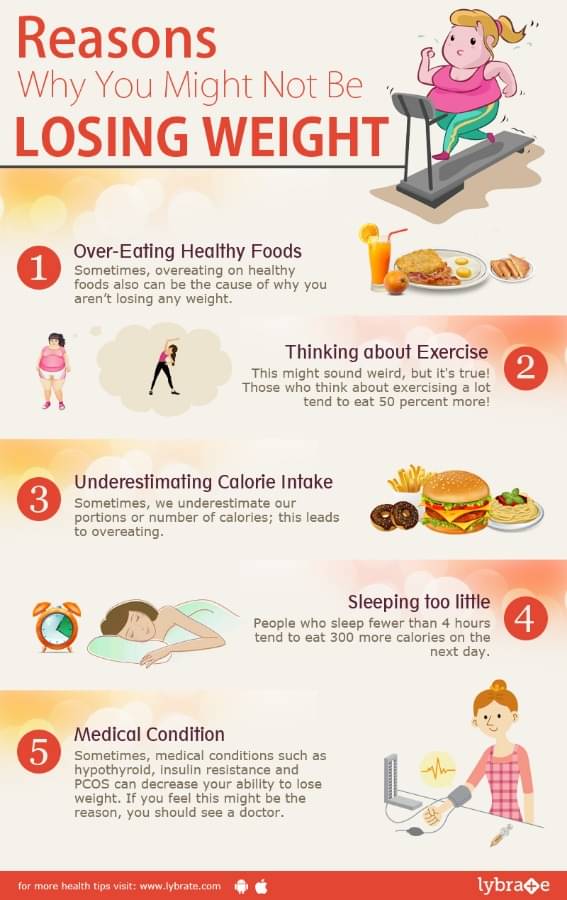
This brief, time-saving questionnaire is designed for anyone who thinks they may be living with an eating disorder.
The items below will help you determine whether you may need additional help navigating a condition.
A mental health professional can also help figure out if your issues might be a symptom of another condition or recommend treatment or other interventions if needed.
This online screening is not a definitive screening tool. However, it can be useful if you’re concerned about your eating habits and body image and want to determine if seeking out professional support is the next best step for you.
Only a trained medical professional, such as a healthcare or mental health professional, can help you determine the next best steps for you.
Ready to start therapy? Our Find a Therapist resource may help.
Last medically reviewed on June 6, 2022
2 sourcescollapsed
- Eating disorders. (2016).
nimh.nih.gov/health/topics/eating-disorders - What are eating disorders? (n.
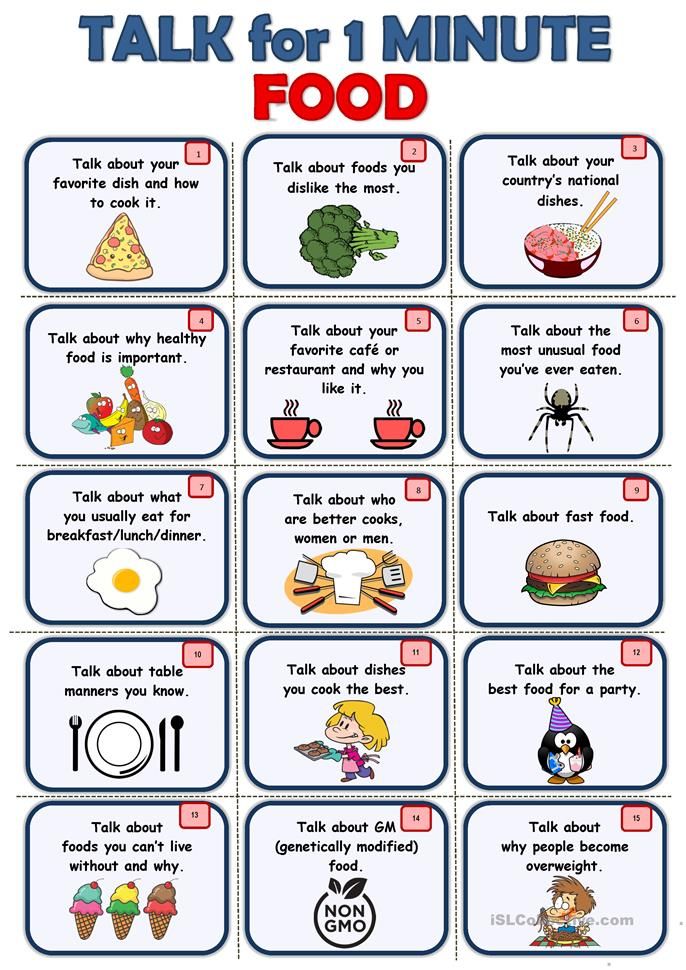 d.).
d.).
nationaleatingdisorders.org/what-are-eating-disorders
FEEDBACK:
Medically reviewed by Bethany Juby, PsyD — By Christina Ward — Updated on June 6, 2022
Read this next
All About Eating Disorders
Medically reviewed by Karin Gepp, PsyD
A guide to the symptoms and treatments options for eating disorders, including anorexia nervosa, bulimia nervosa, and binge eating disorder.
READ MORE
Eating Disorders: What Are My Treatment Options?
Living with an eating disorder comes with many challenges, but help is available. Learning your treatment options is the first step to recovery.
READ MORE
The 8 Types of Eating Disorders
Medically reviewed by Marney White, PhD, MS
Eating disorders can affect anyone and can become life threatening if left untreated.
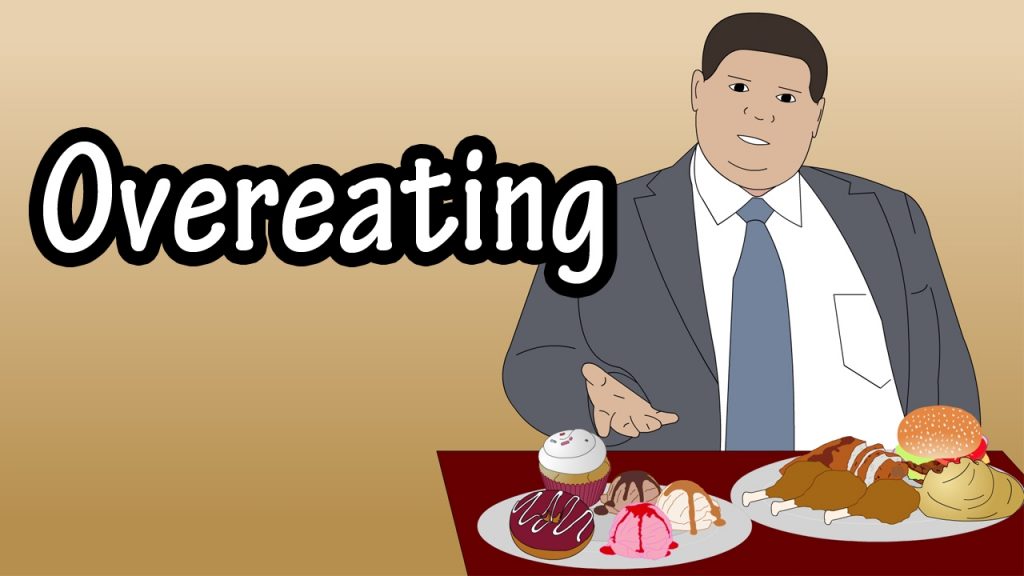 Here are all the eating disorders recognized by the DSM-5.
Here are all the eating disorders recognized by the DSM-5.READ MORE
We Aren't Talking About Eating Disorders in Men Enough
Medically reviewed by Adrienne Seitz, MS, RD, LDN
Eating disorders in men is not sufficiently discussed in society. Here's what you need to know.
READ MORE
What Are The Best Therapy Options for Eating Disorders?
There are many different therapy options for treating eating disorders. It's important to find the best one for you.
READ MORE
What Causes Eating Disorders?
Medically reviewed by Marney White, PhD, MS
There is no one cause of eating disorders but early prevention is always the best treatment option.
READ MORE
Which Celebrities Have Eating Disorders?
Medically reviewed by Marney White, PhD, MS
These celebrities have shared their stories to help destigmatize eating disorders.
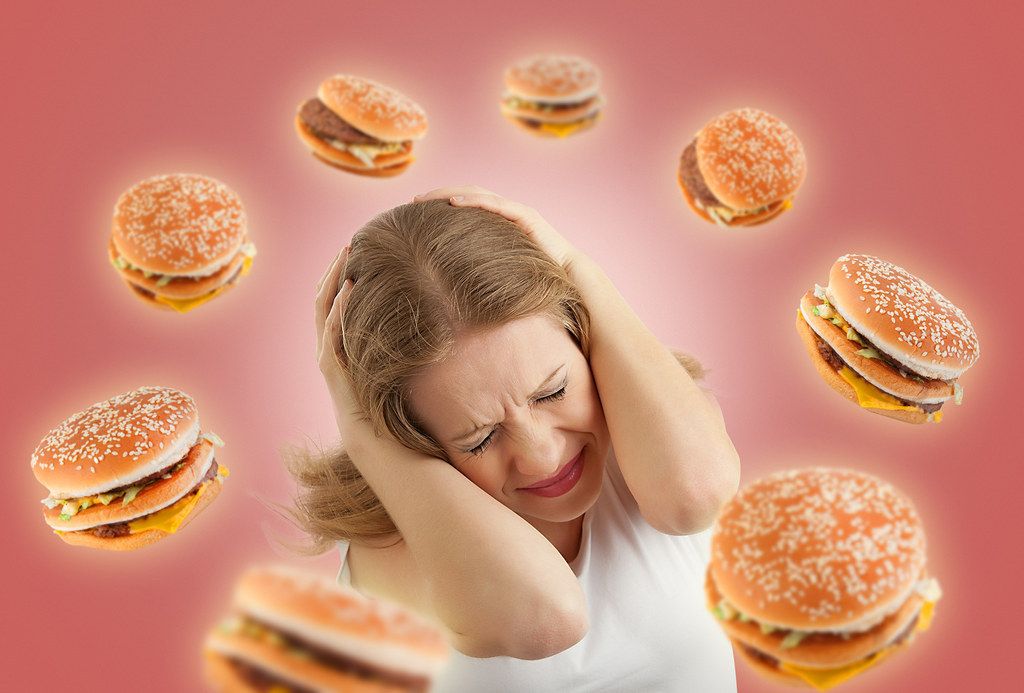
READ MORE
Body Dysmorphia Test
Medically reviewed by Kendra Kubala, PsyD
Do you obsess over how you look and wish you could change it? Take our test to find out whether you may be experiencing body dysmorphic disorder.
READ MORE
Podcast: How Do I Eat Better to Improve My Mental Health?
Why thinking there is “magic food” that combats mental health issues is keeping us sick. This podcast episode covers eating, eating disorders, and…
READ MORE
Chocolate Addiction: Fact or Myth?
We all have cravings for certain foods like chocolate from time to time, but does that mean you're addicted to them? Not necessarily, but your…
READ MORE
Compulsive overeating test
What is binge eating?
The term compulsive comes from the Latin word compello - I force.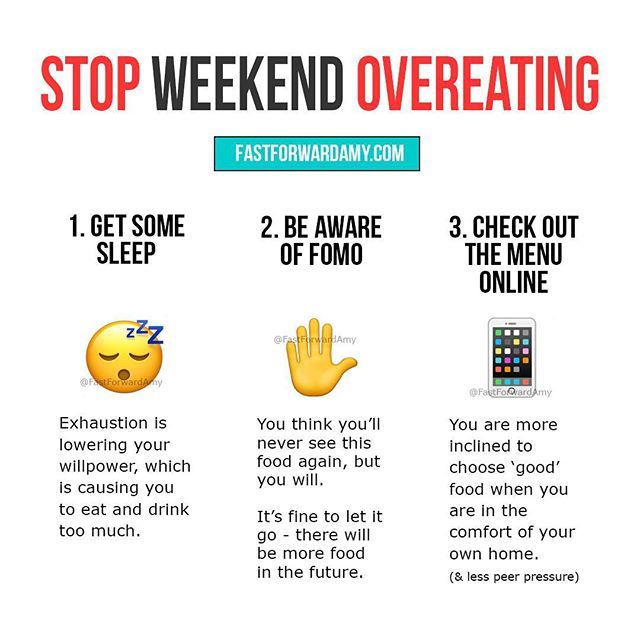 Compulsive transmission - obsessive, paroxysmal craving for food, inability to stop eating excessive amounts of food.
Compulsive transmission - obsessive, paroxysmal craving for food, inability to stop eating excessive amounts of food.
Compulsive overeating can be perceived as unpleasant and painful, but contrary to their feelings, contrary to their will and reason, a person suffering from this disorder will continue to overeat.
Loss of control over the amount of food consumed is one of the main signs of food compulsions. Attempts to control one's eating behavior fail at all or succeed only for a short time, then leading to an increase in the amount of food consumed or to more frequent bouts of overeating.
On average, an ordinary person needs 1200 - 2500 kcal per day, depending on the load and individual characteristics. A person who is characterized by compulsive overeating can consume 15,000 to 20,000 calories of food during an attack, i.e. almost 10 times more.
Naturally, such an excess consumption of calories affects the appearance and health in the most devastating way. Compulsively overeating people are overweight or obese, which in turn is a risk factor for diseases such as type II diabetes, vascular hypertension, high blood cholesterol, cardiovascular problems, etc.
Compulsively overeating people are overweight or obese, which in turn is a risk factor for diseases such as type II diabetes, vascular hypertension, high blood cholesterol, cardiovascular problems, etc.
Compulsively overeating people also lose self-esteem, they feel ashamed of their behavior and the inability to control it. Unpleasant emotions and the consequences of overeating, in turn, lead to avoidance of contact with people, disruption of relationships with loved ones.
Binge eating disorder is also called emotional binge eating or food binge drinking because of the similarity in the behaviors and mechanisms of eating disorder and alcoholism.
Compare for yourself:
• Just like alcoholics, compulsive binge eaters can't stop eating if they see their favorite meals and foods laid out, even when they're not hungry;
• Binge eating attacks occur in response to any emotional discomfort. Compulsive binge eaters may overeat out of boredom… out of a sense of loneliness… to quench irritation… to calm down if they are upset about something, etc. ; The same desire to "use to forget everything unpleasant" is characteristic of alcoholics;
; The same desire to "use to forget everything unpleasant" is characteristic of alcoholics;
• improper eating behavior, like alcoholism, leads to health problems that inevitably get worse over time;
• promises to oneself and loved ones to stop eating excessive amounts of food are not kept, willpower does not help;
If uncontrolled overeating occurs 2-3 times a week for three or more months, then we are talking about a compulsive eating disorder and, in this case, the help of a psychologist and nutritionist is simply necessary.
Test yourself!
Take the online compulsive transmission test on our website now.
Overeating quiz online with results
Delicious, beautifully presented and fresh meals often cause overeating. Feasts, holidays, dinners for interesting conversations with friends - and we lose control, get up from the table with a full stomach. Every person faces such a situation and there is nothing to worry about.
But if you notice an unreasonable and uncontrolled appetite, which was preceded by emotional stress, then there is a high probability that you have a compulsive eating disorder.
A simple overeating test online will help you test yourself for a psychogenic crisis. It can be accessed on our website anonymously and free of charge. The test does not require registration, and the result will appear immediately after the completion of the survey.
Contents
- Who the test is for
- Who needs to take the test
- Structure of the test
- How long does it take to pass
- Can the disease be diagnosed by the test
Who is the test intended for
Compulsive overeating is a psychogenic process. This is a dangerous pathological disease that affects regardless of age, gender and status, although according to statistics, women are more susceptible to this disorder.
In the course of the disease, there is an uncontrolled absorption of food in large quantities in one or more sittings.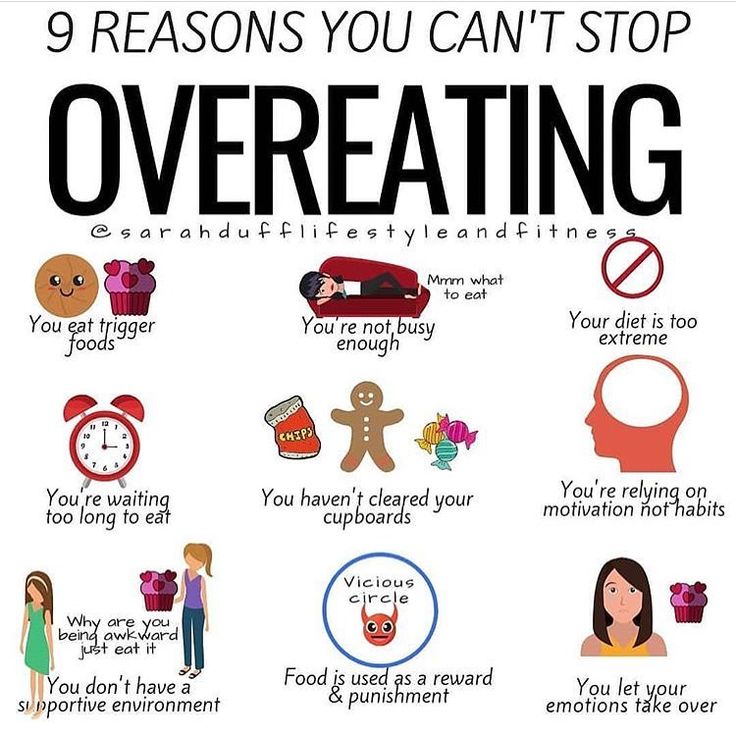 A characteristic indicator is the lack of pleasure from food and the feeling of hunger after dinner.
A characteristic indicator is the lack of pleasure from food and the feeling of hunger after dinner.
Who should take the test?
This test is for people who are overweight, people in an oppressed camp, and those who are experiencing an emotional upheaval.
Illness appears as a result of emotional drama experienced. Not finding emotional comfort, a person tries to seize trouble. At the same time, he is not able to control his appetite and considers himself absolutely healthy. The only visible sign that a person is experiencing psychogenic stress and “treats” it with overeating is being overweight. This in turn leads to depression. And depression is more often diagnosed in people who are unhappy with their shape and weight.
The disease can appear for various reasons:
- The body does not receive enough nutrients. This happens if there is a lot of low-calorie food that is poor in vitamins and minerals.
- Permanent restrictions that often lead to a breakdown in nutrition.
 The question in the overeating test is designed to identify changes in your diet that are invisible to you.
The question in the overeating test is designed to identify changes in your diet that are invisible to you. - Depressive states and emotional situations. It can be both the loss of a loved one, and failures at work.
- Failure of the hypothalamus, which is responsible for appetite.
If at least one of these indicators is present in your life, you should take this test. The question of the online test is designed to determine whether you have a tendency to overeat.
Test structure
Your task is to answer a few simple questions. You do not have to prescribe anything, just click on the already prepared answer. Everything happens online. The free online test is based on questions that most accurately describe the main symptoms of compulsive overeating:
- Even a large amount of food you eat quickly.
- Hiding or leaving food in strange places.
- You overeat even when you don't feel hungry.
- Eating alone.

